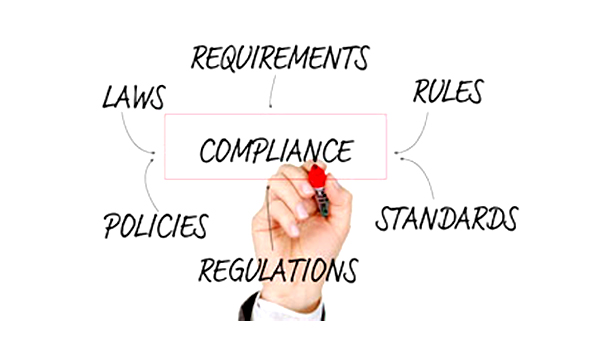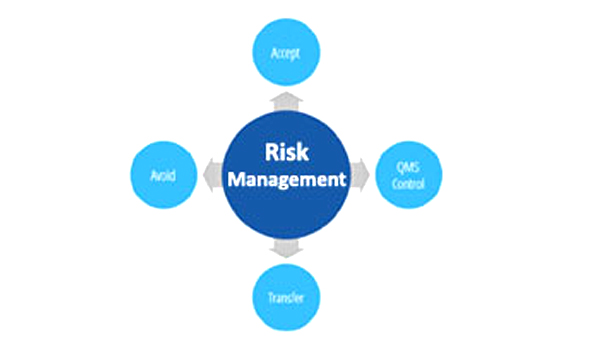Anti Money Laundering (AML)
Anti money laundering (AML) is a set of rules that are used by companies to avoid doing business with businesses or persons that may be involved in money laundering activities or illegal activity.
Updated: October 9, 2023

Anti money laundering (AML) is a set of rules that are used by companies to avoid doing business with businesses or persons that may be involved in money laundering activities or illegal activity. Usually, AML is a part of the broader governance, risks, and compliance (GRC) strategy that is implemented by companies to comply with laws and regulations that impact their departments, including accounting and human resources, sales, procurement, and manufacturing. It can also negatively impact the reputation of a company, which may hurt its sales or relationships with partners.
Know your customer (KYC) and Know your business (KYB) are two types of anti money laundering (AML) software depending on what AML is being used for.
Benefits of using anti money laundering (AML) for business include preventing financial losses caused by businesses that may not pay for what they bought or return the money they borrowed, avoiding fines and potential lawsuits by complying with relevant regulations, protecting company reputation from damages that may be incurred by working with corrupt or terrorist organizations and streamline processes across multiple accounting, sales, and compliance departments.
Know your customer (KYC), Suspicious person databases, A repository of rules and regulations and Suspicious transactions reporting are the basic elements of anti money laundering (AML).




